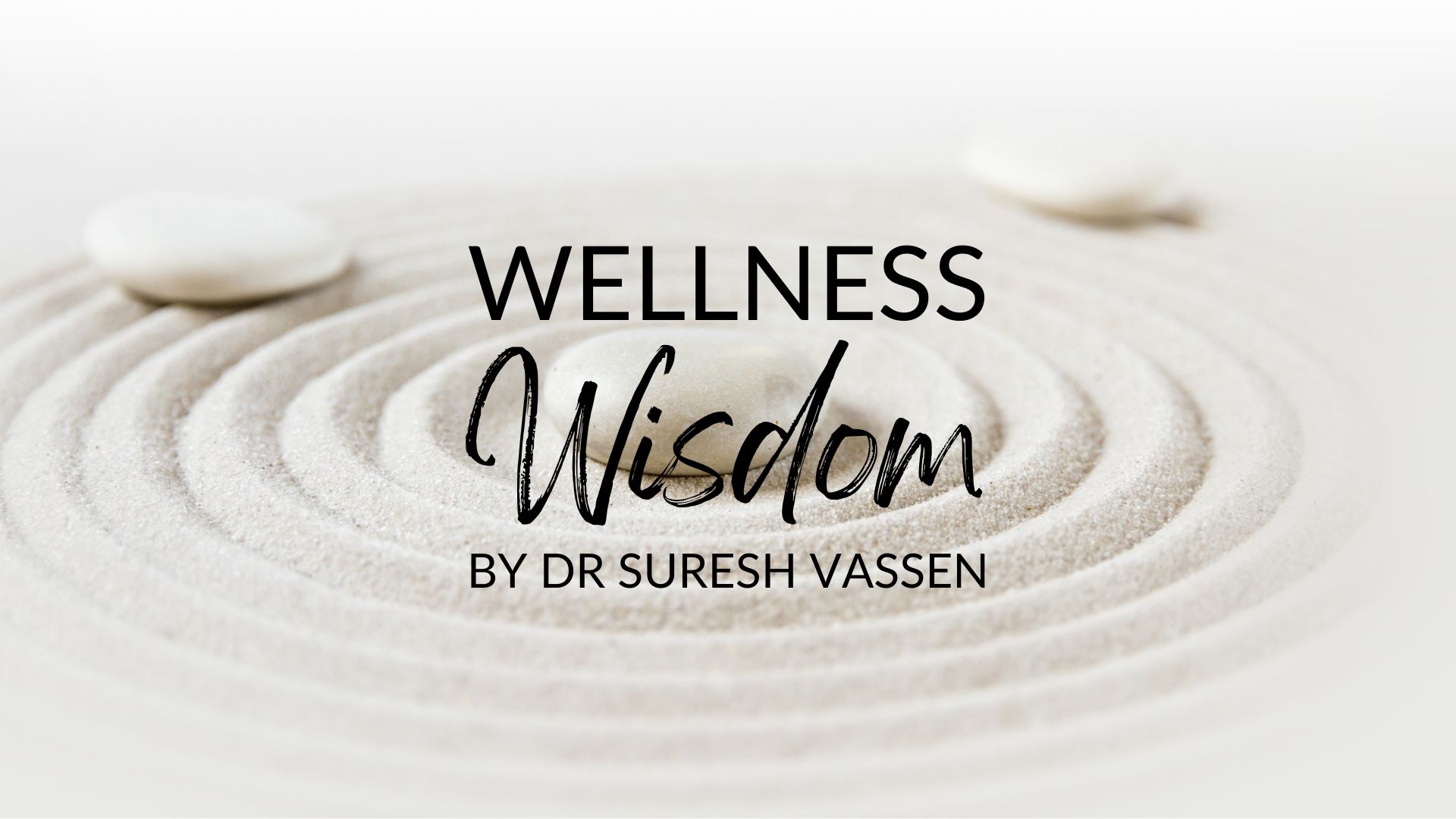
Wellness Wisdom with Dr Suresh Vassen: Emotional Freedom – Do you ever feel like your brain has been hijacked by a child?
Emotional Freedom – Do you ever feel like your brain has been hijacked by a child?
Studies suggest 95% of the things we say and do as adults comes from impressions we felt during the first five years of life. Based on these data, we live most of our lives in a somewhat unconscious state 95% of the time.
Sadly, as unconscious beings, we carry protective emotions, created predominately in childhood, into our adult lives, which encourage us to make the same mistakes or react to the same stresses in the same ways over and over again.
This leads us to always seek approval and the need to control. Instead of being forced to shed our need for approval in our adolescent years, we replace parental approval and attention with other means of external validation and satisfaction. We are allowed to stay children, to stay unconscious, for far too long.
From ice cream cones and candy to new bicycles, video games, and cell phones, children seek satisfaction and fulfillment in the form of sensory stimulation. As we grow up further, we find fulfillment and contentment in the safety and approval of a boyfriend or girlfriend. The brain quickly replaces parental approval with material gains and sensory stimulation, such as a new job, more money, a new car, a bigger house, and recognition from a boss or spouse.
These factors drive us to continue to seek approval and the feeling of reward that comes with it.
Ancient health science explains how emotional impressions, including traumas, are recorded in our brains as a way of protecting us. These impressions are felt by the heart, then carried to the brain, and are finally recorded and etched into the brain’s white-matter myelin sheaths.
The goal is to to erase old impressions and rewrite new impressions in the brain’s white matter, thereby freeing ourselves from old traumas.
Do you want to know the ancient mind-science art of emotional freedom and how to optimise the brain’s detox pathways?




No Comments